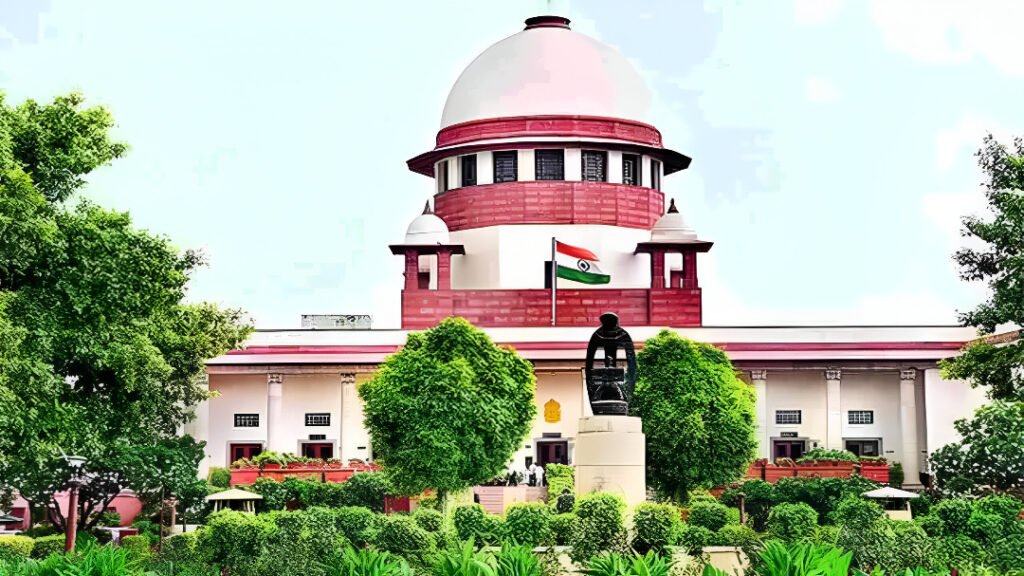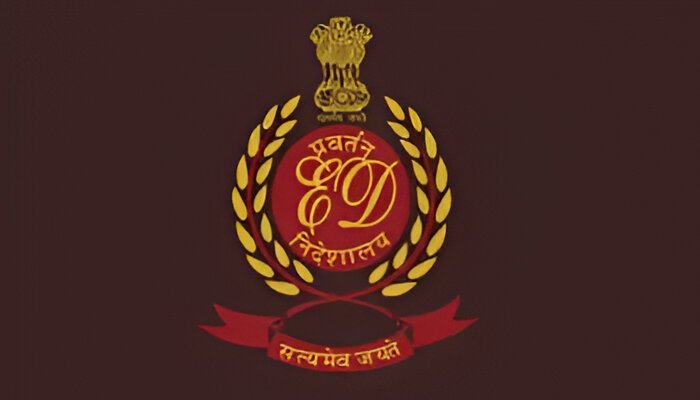
The Enforcement Directorate (ED) has recently come under fire from the Indian Supreme Court for its infringement-based raids on the liquor retailer TASMAC. The Court’s bold step has stirred up debates within the country on the unitary versus federal system of governance within India, the micromanaging role of central agencies, and the scope of state-controlled entities. This article will provide all sides of the analyses on the legal and political aspects covered along with multifaceted reactions.
What caused the Supreme Court to step in?
First, we look at the reasoning behind the controversy. The raid on the TASMAC head office and various other offices was part of the investigation for overpricing of liquor, tender scams, and numerous other financial crimes, which included embezzlement. Over the years this particular issue seemed to evolve into what the central agency claimed to be scams worth over 1000 crores in financial manipulation, collusion, and kickback schemes in contracting competitive bidding. Not the state government of Tamil Nadu ruled by DMK filed a case claiming these raids were done bypassing authority and extremely overstepping with the federal constitution.
Supreme Court’s Strong Observations: “Crossing All Limits”
The court ED is “crossing all limits” and wondered how a criminal case could be constructed against a government corporation and where the central meddler agency was when the state had already filed several FIRs against the TASMAC officials with the state ED. A branch headed by Chief Justice B. R. Gavai and Justice Augustine George Masih noted the ED’s actions are breaching the basic structure doctrine, which is one of the cornerstones of the Constitution of India.
Legal Arguments: Federalism Versus Central Dominance
Assemble content here. The prosecution contended that ED’s actions were unconstitutional. With Senior Advocates Kapil Sibal, Mukul Rohatgi, and Amit Anand Tiwari, the Tamil Nadu government demanded the aggressive raids in February along with the seizure of documents and arresting devices crossed the bounds of decency along with privacy law, as over 40 FIRs had already been lodged against corporation officials by the state since 2014. It was countered by Additional Solicitor General SV Raju for the ED, claiming the magnitude of the alleged corruption level warranted the investigation and that there was severe fiscal fraud involved.

Supreme Court Stay Order: Immediate Relief for TASMAC
Immediately after hearing opposing arguments, the Supreme Court put a stay on the ED’s proceedings against TASMAC until the agency responds. The bench wanted to know from ED what preliminary crime justifying the application of PMLA under a government corporate entity would be. They are going to hear the matter after the vacation of the court.
High Court’s Prior Position and the Supreme Court
The upper court had not intervened until the supreme hearing. The Madras High Court had refused to accept the pleading the Tamil Nadu government wished to file to stop the ED’s investigation, stating that it was too serious an allegation and required full inquiry under the PMLA. The High Court dismissed political victimization and harassment claims, stating that there was sufficient reason to presume that offenses of such severity warranted central investigation.
Political and Public Reactions: Federalism in the Spotlight
The comments made by the Supreme Court have sparked renewed discourses on the center and state power dynamics. There is counter debate as to whether central agencies have the right to investigate grand corruption, even in publicly owned corporations. While the DMK Tamil Nadu government has stated that the suspension is an appeal to state rights and federalism, others think the opposite. The issue has also drawn attention to the numerous gaps concerning the role that central agencies have towards states.
Implications for Central-State Relations and Investigative Agencies
It is this event that will most likely have more impact on the functioning of state investigative agencies such as the ED and CBI. The use of the phrase in the interim stay reveals the power of the third estate as the protector of the fundamental equilibrium of the constitution. The judgment in this matter appears likely to become illustrative in terms of defining the limits and authority central agencies possess over state matters, especially those involving public corporations.











